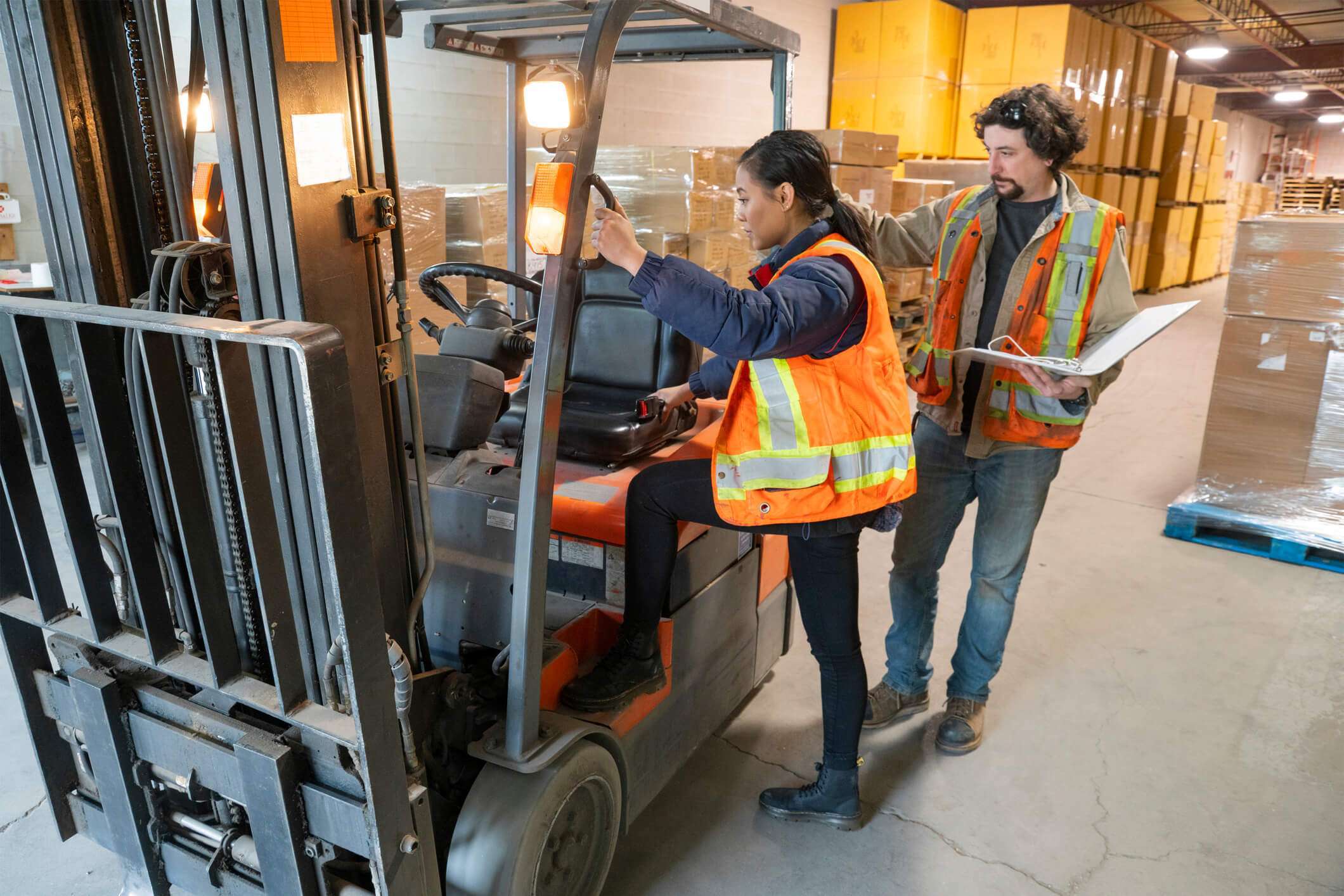Become an Apprentice
Let us help with your career prospects.
Learn while you earn
Real work experience
An Apprenticeship is a great way to combine a real work place experience with achieving accredited qualifications.
Industry
Recognised qualifications
As specialists in Apprenticeship delivery, we ensure that all our programmes are mapped to Apprenticeships Standards.
We're committed to you
Best practices
We plan our programmes to recognise and support the time commitments of Apprentices and the impact they have on their ability to undertake training.


Become an Apprentice
How Apprenticeships work
To get your career started, you usually need a combination of experience and qualifications.
An Apprenticeship gives you both by combining on the job training with studying (usually one day a week), meaning you can earn a wage whilst learning the skills and knowledge needed to succeed.
Before an Apprenticeship begins, our team assess the individual’s prior learning to establish the ‘starting point’, or baseline, of the Apprentice.
Doing this helps us understand how much Apprenticeship training content is needed and if the Apprenticeship is the best programme for the individual.
Completing an Apprenticeship will give you the real world work experience whilst studying alongside your role.
You’ll spend at least 20% of your working time doing ‘off-the-job training’ for your Apprenticeship.
Your Employer and tutor will review your knowledge, skills and behaviours to see if they have met the minimum requirements of the Apprenticeship set out in the Apprenticeship standard, and are ready to take the assessment.
The End Point Assessment (EPA) tests the knowledge, skills and behaviours that an Apprentice has gained during their Apprenticeship. Unique to each standard, the EPA demonstrates the ability of an Apprentice in their role.
Upon completion of the EPA, the Apprentice will receive Apprenticeship certificates which are used to show that an individual has completed their Apprenticeship successfully.
Some Apprenticeships come with additional certification embedded through the delivery of the programme.
These value added qualifications are completed in addition to the Apprenticeship programme and as such, are certificated separately upon successful completion.
Apprenticeship qualification levels
How do Apprenticeships compare to the traditional education route?
Whether you are a school leaver or have been working for many years, an Apprenticeship could be the right step for you.
Apprenticeship Standards run from Level 2 to Level 7, meaning you have the opportunity to gain qualifications with the equivalency of GCSEs; A Levels; HND, Foundation Degree and Postgraduate Degree. All whilst working, gaining valuable experience and earning a salary!

Intermediate Apprenticeship
Level 2
Equivalent to GCSEs
Advanced Apprenticeship
Level 3
Equivalent to A Levels (and AS Level)
Higher Apprenticeship
Level 4, 5, 6 & 7
Equivalent to a Foundation Degree and above
Degree Apprenticeship
Level 6 & 7
Equivalent to a Bachelor's or Master's Degree
Apply today
New Apprenticeship Vacancies
Apprentice Pricing Analyst Air & Sea
International freight forwarding specialist Level 3 (A level)
DSV Road
Feltham
Business Administration Apprentice
Business Administration Level 3 (A Level)
DSV Road
Bristol
International Freight Forwarding Apprenticeship
International freight forwarding specialist Level 3 (A level)
DSV Road
Manchester
Apprenticeship International Freight Forwarding Apprentice (Import and Export)
International freight forwarding specialist Level 3 (A level)
DSV Road
Purfleet
International Logistics Administrator Apprentice
International freight forwarding specialist Level 3 (A level)
DSV Road
Purfleet
Your safety is important to us
Safeguarding and welfare

All training providers have a duty to safeguard their students which includes Apprentices. Prevent is about safeguarding our students to keep them both safe and within the law. SR Apprenticeships provides Apprentices with information so they can protect and keep themselves safe. Our team has access to a range of support services from Drug, Alcohol and Health Awareness to Careers and Employability support.


Combine an Apprenticeship with your job
Want to complete an Apprenticeship alongside your current job role?

If you’re in a role that you enjoy but are looking to upskill and progress your career, an Apprenticeship can be the perfect route to this. If you are interested in completing an Apprenticeship alongside your job, please use our enquiry form to get in touch and we’ll contact you to discuss.
Still have questions?
We have the answers
Apprenticeships are Employer and Government created work based programmes designed for industry specific roles.
Available for candidates aged 16 and over with no restrictions on the upper limit.
Apprenticeships incorporate qualifications from Level 2 (GCSE equivalent) to Level 7 (Masters equivalent).
Apprentices can be new recruits or existing Employees.
An Apprentice should be in a contract of employment within a suitable job role.
To get your career started you usually need a combination of experience and qualifications.
An Apprenticeship gives you both by combining on the job training with study (usually one day a week) meaning you can earn while you learn. With some Apprenticeships you can even get a degree.
The minimum wage for Apprentices aged 16-18 is £4.15 per hour. The same applies if you’re 19 and over and in the first year of your Apprenticeship, after that you are entitled to the National Minimum Wage. However many Employers pay more than this.
Pay is dependent on the industry, location and type of Apprenticeship, for example some higher Apprenticeships can pay as much as £500 per week.
You can click on our Apprenticeship vacancies or get in touch with our team to find out more. We also have lots of help and advice on our resource page.
This is a great question and one you should be asking.
An Apprenticeship programme is all about you, the Apprentice, and comes with a number of benefits, including:
- Industry recognised qualifications
- You could work towards a degree, debt free
- A job and a wage
- Experience – you’ll gain practical and relevant experience
- The chance to make contacts in your chosen field
Punctuality, reliability and having a real interest in the job, coupled with a willingness to learn. Many Employers also value voluntary work experience, especially if it relates to your sector of interest.
Eligibility requirements:
- 16 years or over
- Living in England (or EEA for past 3 years)
- Not in full time education
Apprenticeships can take 1-4 years depending on the level:
- Intermediate, Level 2
- Advanced, Level 3
- Higher, Level 4 and 5
- Degree, Level 6 and 7

